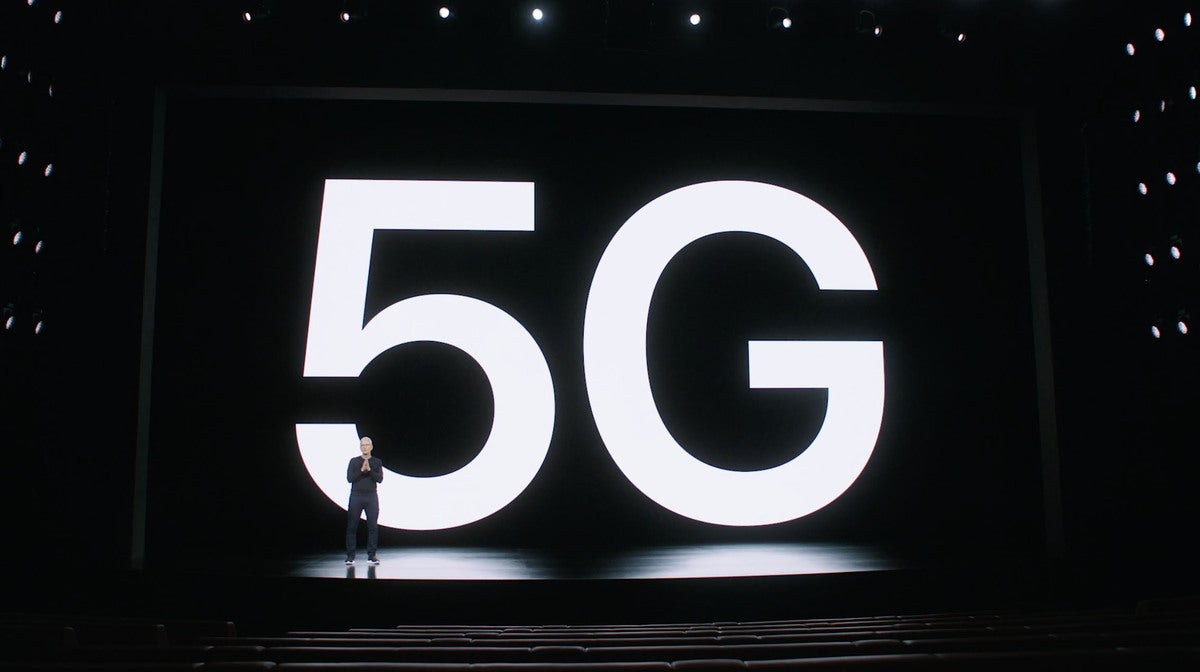Apple’s work on a 5G modem chipset may be coming along a little better than we expected, according to hints dropped this week by Qualcomm CEO and President Cristiano Amon at Mobile World Congress.
Apple will ‘do their own’
Speaking with Wall Street Journal reporter Joanna Stern, Amon explained that Qualcomm expects Apple will “do their own modem” in 2024, adding, “but if they need ours, they know where to find us.”
This isn’t the first time a Qualcomm leader has talked about Apple’s plans. In 2020, the company suggested the iPhone 12 would ship later than expected because of supply chain challenges.
The company’s latest remarks imply that the 2023 iPhone 15 line-up may be the last to carry Qualcomm 5G chips — though Apple is unlikely to fully switch to its own 5G radios until it is reasonably certain they are good enough.
With that in mind, it makes sense to anticipate Apple might put its 5G chips into other product families first, potentially beginning with 2024 iPad refresh. The company is also thought to be building its own Wi-Fi and Bluetooth chips, which would leave current supplier Broadcom in the cold.
Strategy in design
There has been some to and fro when it comes to Apple’s attempt to bring modem development in house; Qualcomm was at one point expected to supply its modems to just 20% of iPhones manufactured in 2023, but that changed. It is now expected to provide all of them. Apple was at that time reported as being unable to produce a modem on its own account, but Amon’s statements suggest that failure was over-exaggerated.
Apple is on a mission to take control of almost every critical silicon component used in its devices. The company’s silicon design and engineering teams already design many of the most strategic systems used in Apple devices, including the A- and M-series processors. In most cases, these attempts are leading the company toward SOC evolution, in part because when every component is made by the same manufacturer and sits inside the same chip architecture, Apple can achieve speed, performance, and power management advantages other makers cannot easily match.
Will Apple’s iPhone chips be made in America?
Apple has been engaged in this effort to develop its own unique 5G chipset since before its 2019 acquisition of the majority of Intel’s modem business. It knows that success might also provide it with opportunities for further innovation, particularly around highly secure device networking, bandwidth management or even an Apple equivalent of SD-WAN. On the latter, to what extend will ownership of the device, components and software design empower Apple to take some communications out of the internet and into closed private peer-shared device networks?
But perhaps more prosaically, another big opportunity for Apple in taking ownership of the silicon is that it lets the company shift production of these components to reduce its dependence on China and create a more robust and resilient supply chain. It has previously been reported that Apple supplier TSMC will be tasked with manufacturing these modems. Given that company is attempting to set up a chip production line in the US with help from the iPhone maker and the Biden Administration’s far-seeing CHIPS Act, it’s not unreasonable to imagine at least some chip manufacturing will take place on this continent.
The whole widget
When combined with Apple’s expected shift to 3nm A-class iPhone chips, the power management and energy efficiency of these devices seems increasingly likely to impress.
Not only will you generate more computational cycles per watt, but you can predict low networking power demand — all on processors perhaps manufactured in the US.
That’s even before you stop to consider the significance as the Mac manufacturer seeks to build its own unique proposition toward the evolution of the next standards technology, 6G, at which point Apple’s full strategic vision will become far more apparent than we can discern today.
One thing is certain: Apple will not have spent tens of billions on the project to develop its own 5G chipsets on a whim. It most certainly seeks to embrace next-generation networking technologies in a unique way as it continues its quest to create hardware few others in the industry can hope to match.
Please follow me on Mastodon, or join me in the AppleHolic’s bar & grill and Apple Discussions groups on MeWe.






